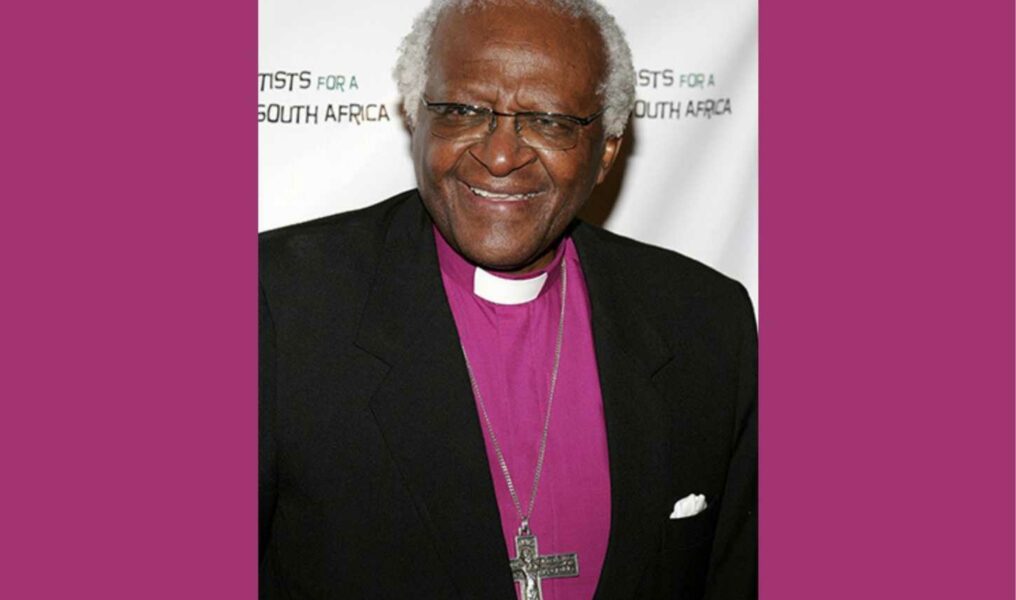Desmond Tutu, the longtime Archbishop of Cape Town, South Africa and a world-renowned voice for human rights, died the day after Christmas following a battle with cancer. He was 90.
Tutu rose to prominence speaking out against apartheid in his native South Africa, but his voice was heard around the world. The first Black Archbishop of Cape Town, Tutu received the Nobel Peace Prize in 1984 for his efforts.
In addition to his anti-apartheid message, Tutu spoke out for human and civil rights everywhere, including LGBTQ+ rights. In 2008, Tutu spoke up for the Right Rev. Gene Robinson, the first U.S. Anglican gay bishop, when his sexual orientation caused him to be excluded from an international Anglican gathering.
"It was quite surreal because I was taking grief from literally around the world," Robinson told Now This News. "There was probably at that time, and maybe still, no one better known around the world than Desmond Tutu. It was an astounding gesture of generosity and kindness."
Tutu spoke with The Advocate in 2012 and, as a participant in the U.N. Free and Equal campaign against homo and transphobia, spoke plainly in a recorded video. "I have to tell you, I cannot keep quiet when people are penalized for something about which they can do nothing," Tutu said in the video. "First, gender. When women are excluded, just simply and solely because they are women."
"But more perniciously, more ghastly, is the fact that people are penalized, killed, all sorts of ghastly things happen to them, simply, solely on the basis of their sexual orientation," Tutu continued. "I oppose such injustice with the same passion that I opposed apartheid."











